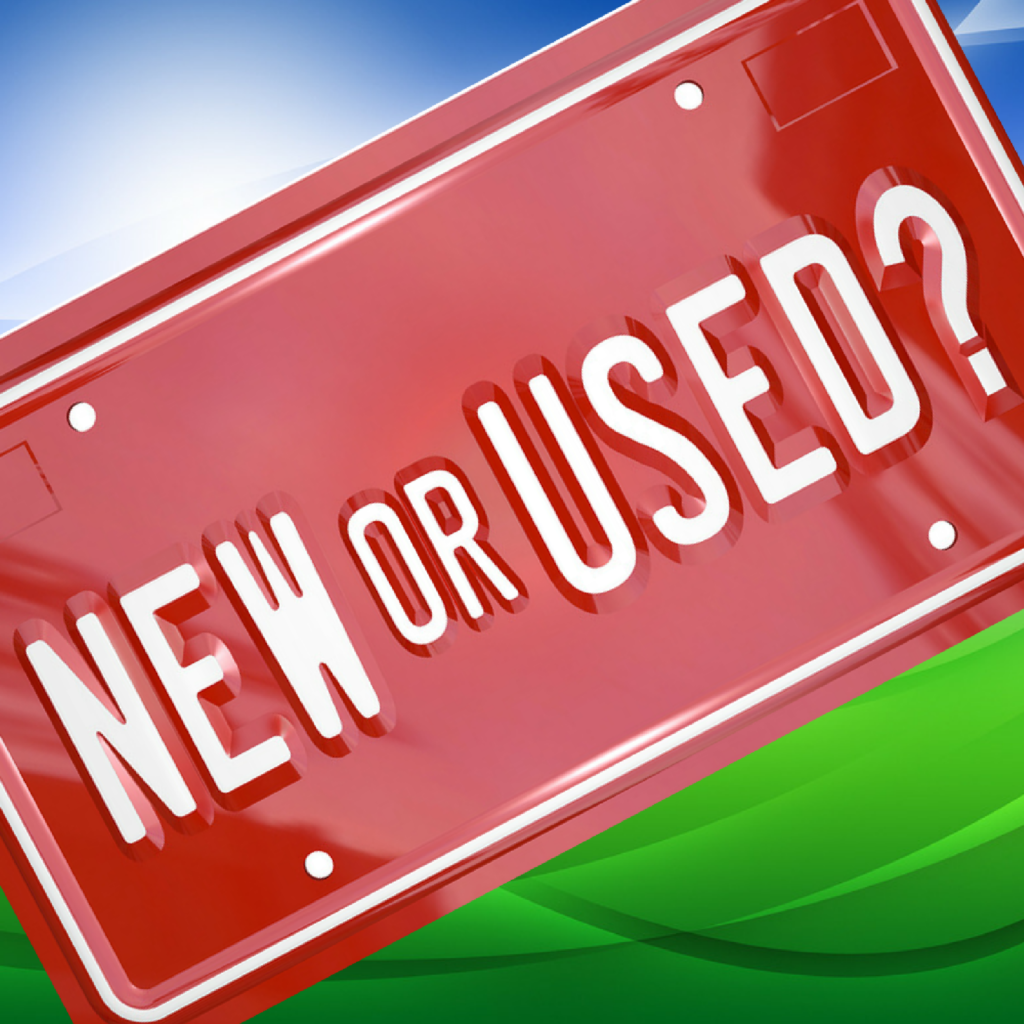
Here are some general tips on how to find pre-owned recycling equipment for your growing business.
Create a Before-You-Go Checklist
Before you start looking for recycling equipment, determine (and write down) a nuts-and-bolts description of what you need. What are the options for the types of machinery that you need? What kind of commodities are available to recover from your waste stream? What kind of capacity will you require?
Do some online research and make a few phone calls. Look up trade and industry publications like Recycling International and Recycling Magazine, and get in contact with distributors as well. Sign up for their email newsletters and read their blogs. Contact companies like General Kinematics, that do offer pre-owned equipment and can help you get started on the search.
Arrange a Meeting to Inspect the Equipment
When you find a piece of equipment that interests you, arrange for a group meeting that includes an engineer or maintenance expert, as recommended by Norman Kramer of Kramer Consultants in an interview with Recycling Today. Basically, the dialogue should include the overseer (or owner), the leader who will be operating the equipment, and the specialist who will be maintaining the equipment, too.
Look for Red Flags
While a piece of refurbished equipment may be cheaper up front, it’s wise to consider what you might need to spend down the road. Here are some things to consider:
Longevity
-
- How old is it?
- Has it had any issues and how many?
- How were those issues fixed?
Future maintenance costs
-
- Is the warranty still valid?
- What repairs have already been made to the equipment?
- What types of repairs should you anticipate having to make, and how much do these repairs cost?
Energy efficiency
-
- How much fuel (if any) does the machinery use?
- How many kilowatts/hours of electricity does it require?
- What do the old records say?
- What is the average costs of operating this type of equipment?
Equipment history
-
- Are equipment records from previous ownership available?
- What maintenance issues have been discovered, fixed and checked?
Think About It—and Jump On a Good Opportunity
Don’t feel pressured to make an on-the-spot decision. Have a meeting. Adjourn. Reflect on the facts. And follow-up promptly—within a day or two. If the goods are worth it, you don’t want to miss an opportunity to buy from a pre-owned fleet! Especially if it’s made by General Kinematics, recycling equipment made to last.




